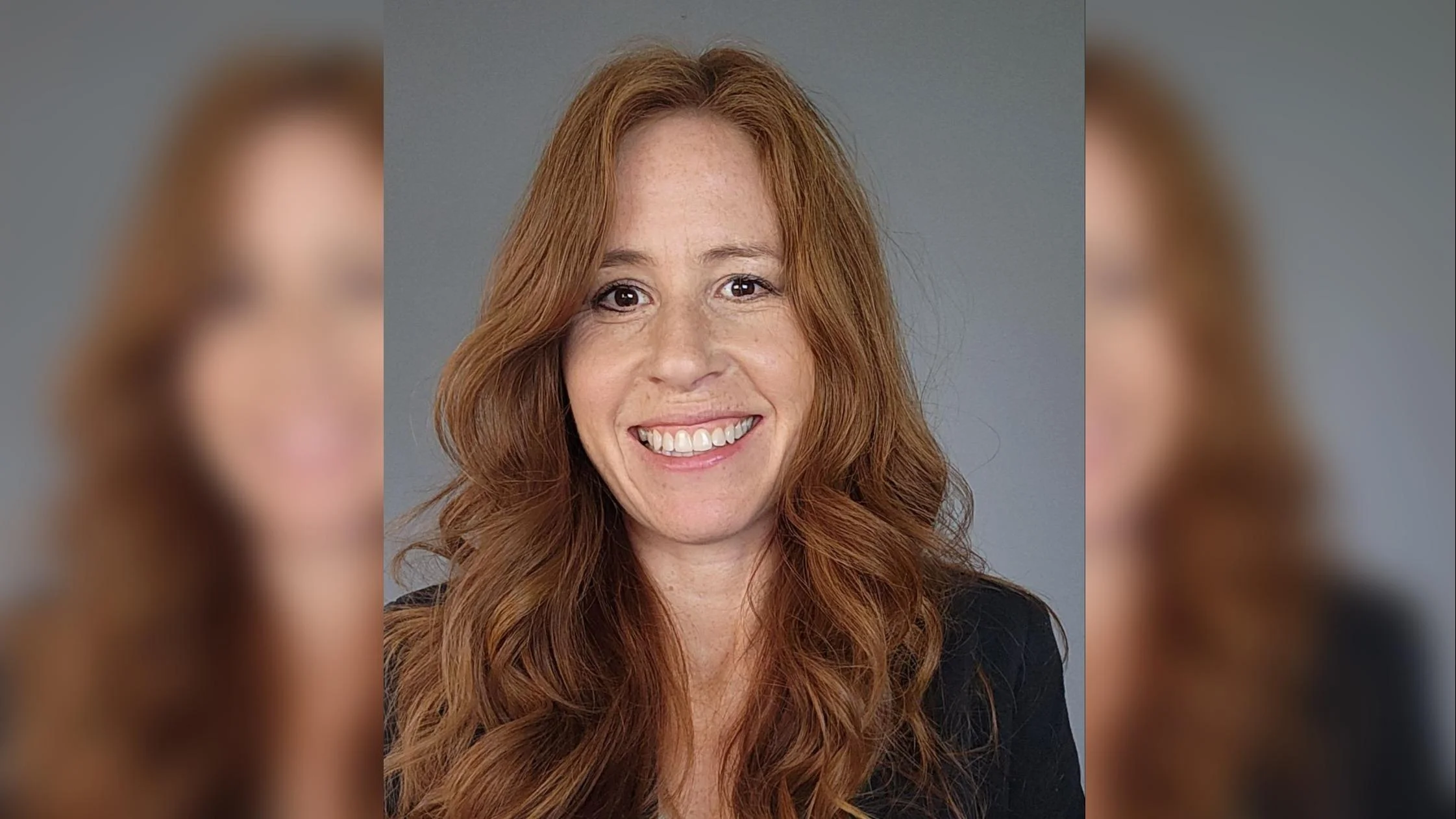JoLynn Shopteese Tribal Liaison | Minnesota Department of Agriculture
JoLynn Shopteese Tribal Liaison | Minnesota Department of Agriculture
Farmers participating in the Minnesota Agricultural Water Quality Certification Program (MAWQCP) have reported nearly double the profits compared to non-certified farms, according to data from the Minnesota State Agricultural Centers of Excellence. The 2025 study titled “Influence of Intensified Environmental Practices on Farm Profitability” analyzed financial and production data from farmers enrolled in the Minnesota State Farm Business Management education program.
In 2024, MAWQCP farms recorded an average net cash income exceeding $134,800, almost twice the $67,700 earned by non-certified farms. Certified farms also demonstrated better debt-to-asset ratios. This marks the sixth consecutive year that a positive return on investment has been observed for conservation management practices among certified farmers.
Agriculture Commissioner Thom Petersen remarked, “We’ve seen time and time again that the Minnesota Ag Water Quality Certification Program provides better economic outcomes on top of the benefits to our water and soil resources.” He encouraged farmers to seek certification through their local Soil and Water Conservation Districts.
Keith Olander, Executive Director of AgCentric and Agricultural Partnerships, noted that despite economic challenges in 2024, MAWQCP farmers showed strong financial resilience. He stated that these farmers mitigate risks more effectively than their peers due to skills gained from managing environmental risks.
The MAWQCP connects farmers with local conservation experts to address water quality risks on their land. Certified farms gain priority access to financial assistance and are considered compliant with new water quality laws for ten years post-certification.
Since its launch in 2016, over 1.2 million acres have been enrolled in MAWQCP across Minnesota. The program's certified farms have implemented more than 7,700 new conservation practices, significantly reducing sediment and phosphorous runoff into state waters while cutting nitrogen loss by up to 45%.
Farmers interested in certification can contact their local Soil and Water Conservation District or visit MyLandMyLegacy.com for more information.






 Alerts Sign-up
Alerts Sign-up